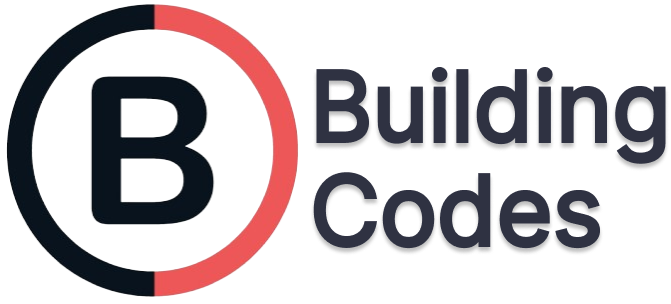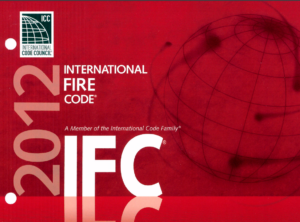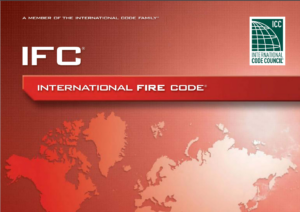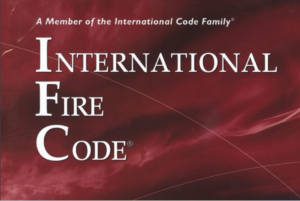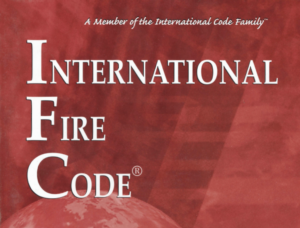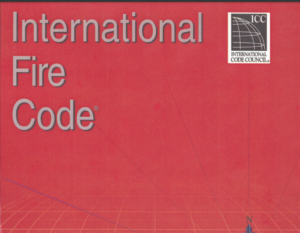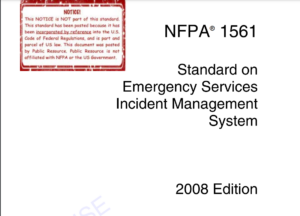The 2007 edition of NFPA 1005 outlines the professional qualifications required for land-based firefighters engaging in marine firefighting. This standard, established by the National Fire Protection Association, sets forth minimum job performance requirements (JPRs) for firefighters dealing with fires on vessels larger than 50 feet that frequent North American ports or are part of the International Safety of Life at Sea (SOLAS) agreement.
This document was developed due to a directive from the Department of Defense in 2000, recognizing the need for specific guidelines addressing shipboard firefighting for land-based units. Consequently, a new technical committee was formed under the Professional Qualifications Project to craft these standards, which led to the inaugural publication of NFPA 1005.
NFPA 1005 is structured to provide clear and comprehensive qualifications for two levels of marine firefighting: Marine Fire Fighter I and Marine Fire Fighter II. These levels distinguish the specific skills and knowledge required to effectively respond to and manage fire incidents aboard ships. The standard ensures that firefighters are well-prepared to handle the unique challenges posed by marine environments, including confined spaces, complex vessel layouts, and the specific hazards associated with ship fires.
Additionally, the standard covers essential operational guidelines such as the establishment of control zones at an incident, the use of personal protective equipment, and detailed action plans to coordinate firefighting efforts effectively. These qualifications aim not only to enhance the safety and efficiency of firefighters when addressing marine fires but also to ensure the safety of all personnel and property involved.
